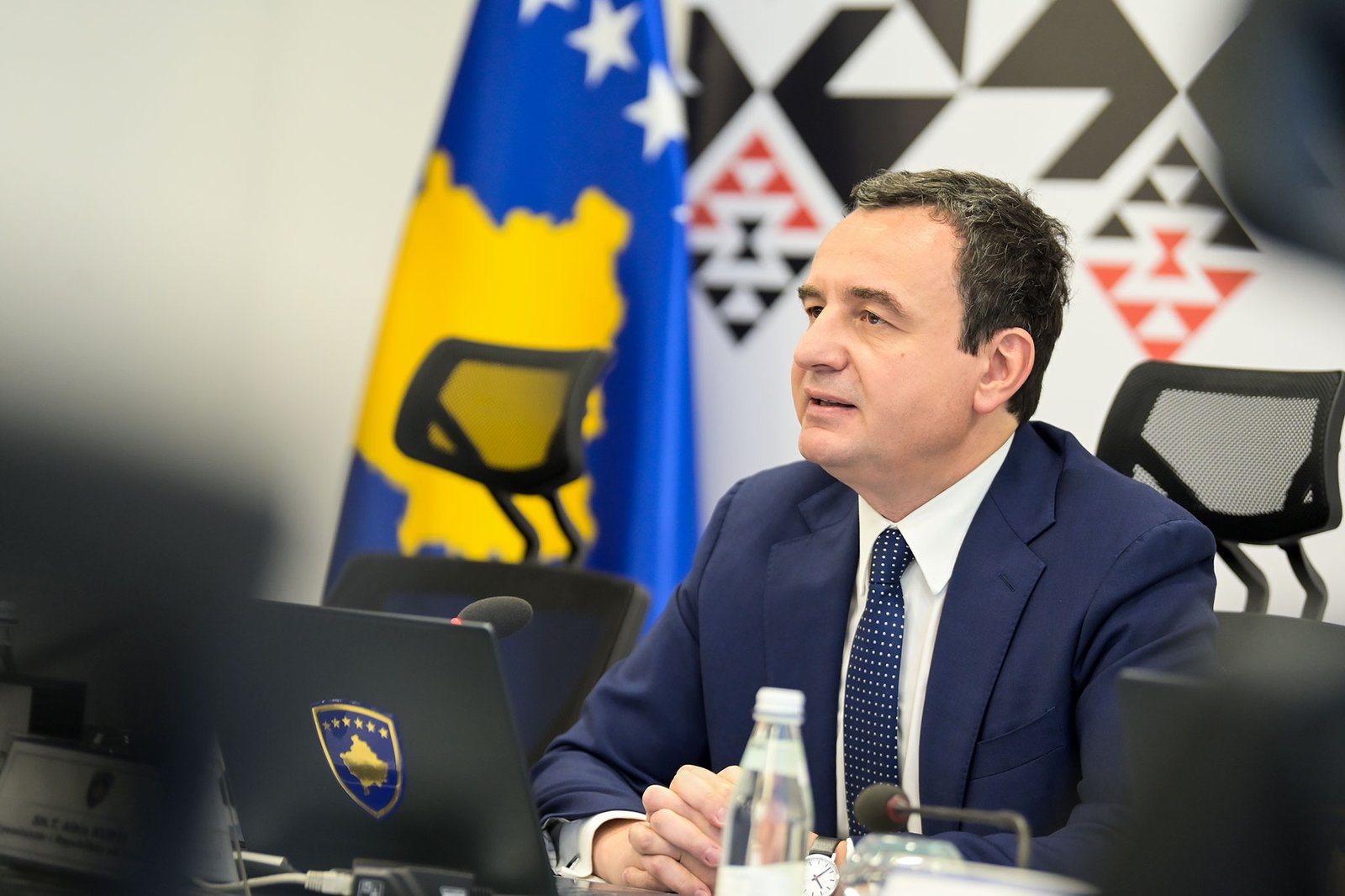Kosovo Prime Minister Albin Kurti has discussed the issue of individuals forcibly disappeared during the 1998/99 war in Kosovo.
Kurti announced that preparations have begun on Thursday for excavations at the Kozhle site in Serbia, searching for missing persons from the last war in Kosovo.
Regarding the preparations for the excavation in Kozhle, he expressed hope that this “is not a new attempt by the Serbian state to avoid the agenda of excavations at other designated sites in Serbia.”
“There are no bodies, no crime; it was Serbia’s strategy to conceal the crimes committed against Albanians in Kosovo. This strategy continues to be implemented today by the political successors of [former Serbian leader Slobodan] Miloseviq in Belgrade,” said Kurti.
He also reiterated the call for Serbia to open state archives.
Kurti stated that Kosovo has made official requests for the opening of the archive of the 37th Motorized Brigade of the Yugoslav Army, “responsible for many massacres in Kosovo, especially in Drenica.”
He mentioned that Serbia is obligated to open the archives through an agreement reached on this issue on May 2 of the previous year in Brussels.
The commitments made between Kosovo and Serbia in the Joint Declaration on missing persons include: full access to reliable information, including classified information; making available all documents of importance for determining the fate of the missing persons, and joint work through a commission led by the European Union.
So far, everything remains on paper.
Kurti stated that the Government is committed to addressing each piece of information that contributes to solving missing persons cases.
According to him, 13 locations within Kosovo have been addressed “in terms of evaluative excavation.”
“The families of the missing are among the top priorities and in the care of the Government,” Kurti added.
During the last war in Kosovo in 1998-99, more than 13,000 civilians were killed and thousands more went missing.
According to the International Committee of the Red Cross, 1,612 people remain missing in Kosovo, the majority of whom are Albanians.
The Day of the Missing Persons in Kosovo is marked on April 27, while August 30 is observed as the International Day of the Victims of Enforced Disappearances.







